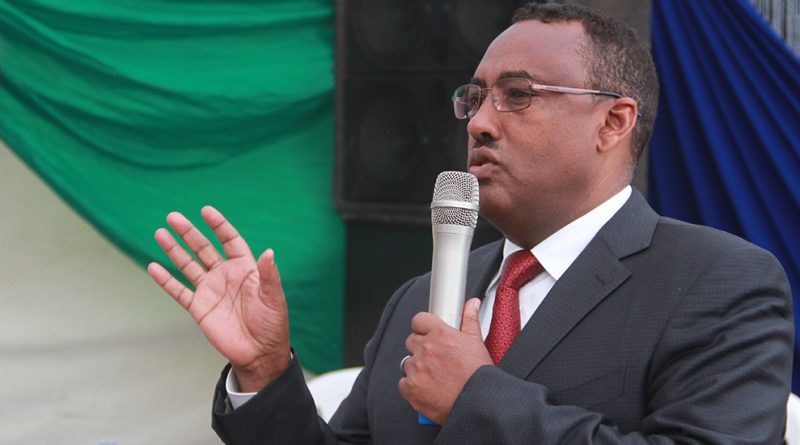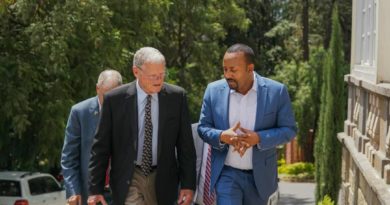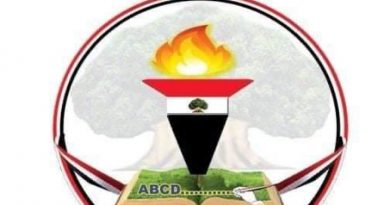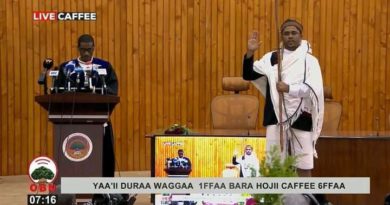Ethiopia Deputy PM comments on Metekel killings “irresponsible”
Over a dozen civilians in Benishangul-Gumuz (BG) region died on Monday, leading to renewed political crisis in northwestern Ethiopia, with controversial statements by Ethiopian Deputy Prime Minister Demeke Mekonnen. The killings occurred in Metekel zone of BG, which has long been contested by activists from neighboring Amhara region.
This is a third mass killing of civilians in Metekel in less than 2 months. “People of Metekel should organize and arm themselves for defense,” said DPM Demeke Mekonnen, in an emotional speech to the media. Demeke has been under pressure from Amhara hardliners like the National Movement of Amhara (NAMA) to take a tougher stance against violence facing Amhara civilians nationwide. But his comments encouraging vigilantism triggered backlash, as the federal government has opposed non-state militias operating in other parts of Ethiopia as a principle, including in Oromia.
“This is irresponsible. What Demeke just said is much more inciting and incriminating than anything Jawar is accused of doing,” said Atomsa Kuma of an Oromo Liberation Front (OLF) faction, which has suspended Dawud Ibsa due to his support for an unauthorized Oromia “transitional government.” Other observers compared Demeke’s comments with the late General Asaminew Tsege who was criticized by the Amhara Democratic Party (ADP) for arming Amhara militia.
Former Blue Party official Yonatan Regassa said Demeke’s comments are a sign of negligence and dodging government responsibility. If the government is incapable of protecting civilians in its current framework, this means there are systemic problems with the “identity based federal structure,” he added.
Since early September, Federal forces have been deployed at several checkpoints and locations through out Metekel but they have been unable to provide security at the local level. Metekel zone official Gashu Dugaas said the recent murder was petty crime compared to past violence that were targeted killings against ethnic minorities, including Oromos, who are labeled “Qey” by disgruntled youth from local ethnic majorities.




